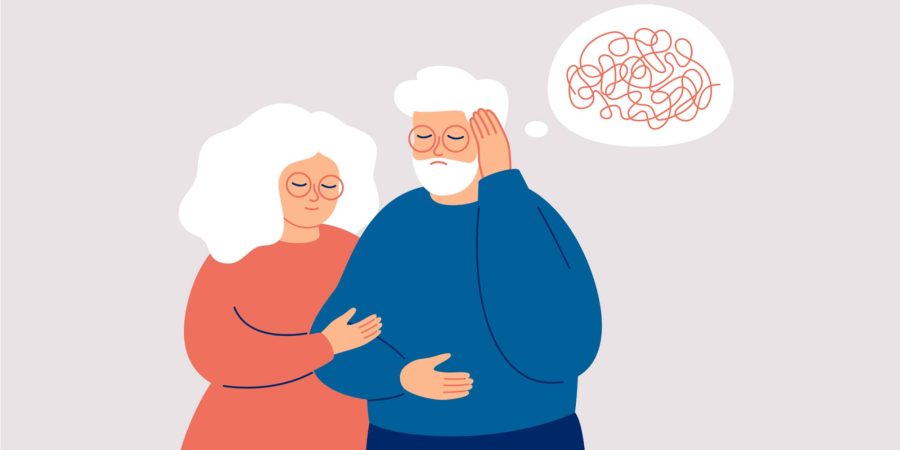Researchers from University College Cork (UCC) in Ireland have demonstrated a groundbreaking new way of treating age-related brain deterioration. Using the power of microbes found in the gut, the team was able to reverse some aspects of aging and rejuvenate the brain and immune function. And though the study was only carried out on mice, the breakthrough opens up a whole new avenue for treatment and therapies involving microbes in the human gut.
The study was carried out by APC Microbiome Ireland (APC) at UCC, by researchers in the Brain-Gut-Microbiota lab. The team was led by Professor John F. Cryan, Vice President for Research and Innovation and Principal Investigator at APC.
In this latest study, researchers transplanted microbes collected from young mice into the brain of older rodents to study the effect they would have on the brain. Researchers noted the microbe transplant “reversed aging-associated differences in peripheral and brain immunity”.
According to Professor Cryan, the team’s findings are a potential game-changer.
“Studies like these will play a vital role in the coming years as more and more people are expected to be diagnosed with various forms of dementia,” Cyan said.
It is estimated about 50 million people around the globe are presently diagnosed with memory loss syndrome. As scientists still do not understand what is the main cause of dementia, the forecast seems dire – but could gut microbes be the solution?
“Previous research published by the APC and other groups internationally has shown that the gut microbiome plays a key role in aging and the aging process,” says Cyan. “This new research is a potential game-changer, as we have established that the microbiome can be harnessed to reverse age-related brain deterioration. We also see evidence of improved learning ability and cognitive function”
While exciting, the team says that much more work needs to be done to see whether the same results can be applied to humans.
Professor Paul Ross, APC Director, added, “This research of Professor Cryan and colleagues further demonstrates the importance of the gut microbiome in many aspects of health, and particularly across the brain/gut axis where brain functioning can be positively influenced. The study opens up possibilities in the future to modulate gut microbiota as a therapeutic target to influence brain health.”
The findings were published in the journal Nature Aging.
The study’s conclusion reads, “Our results reveal that the microbiome may be a suitable therapeutic target to promote healthy aging.”


Is there a way to get your stomach microbiome tested? I understand that only certain probiotics help if they are stored at the correct temperature and have the required shelf life before consuming. This subject has been exceptionally confusing to me primarily because when I go shopping around online, all companies claim their product is the best. To date, I have not purchased a probiotic due to my uneducated confidence.
Hello!
Yes, there are a number of ways you can get your gut microbes tested! The most common way to measure gut microbes is through stool samples. There are several direct-to-consumer microbe tests that you can do right from the comfort of your home, which requires little more than filling out a form online, paying a fee, and sending in a stool sample. If you’d prefer, you can also do so in person at a number of different independent labs, testing sites, or doctor’s offices (just be sure to check what is available around you). Lastly, it’s always important to check with your general practitioner or healthcare provider if you have any concerns about your gut health. They can help point you in the right direction, and educate you on what levels of microbes you should have, and what types you should try to avoid.
Hope this helps!